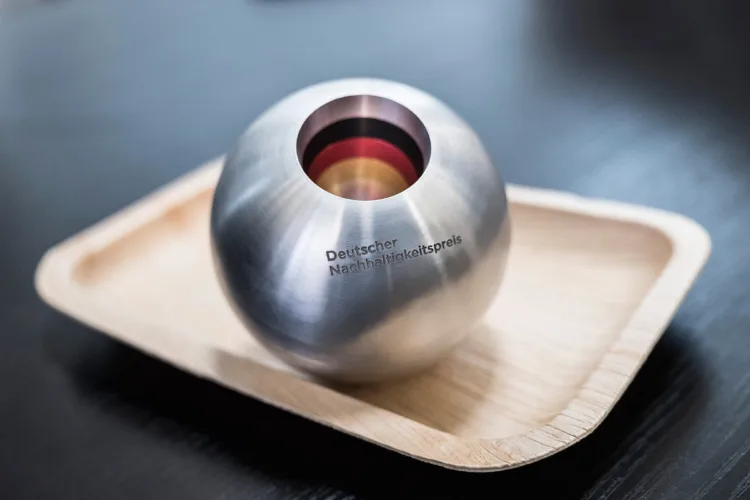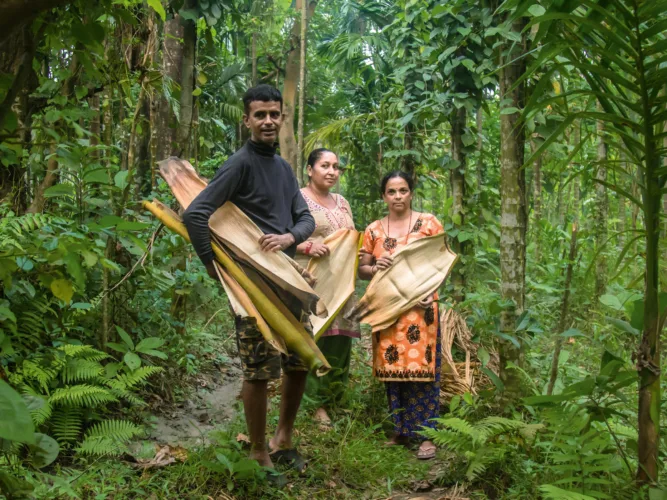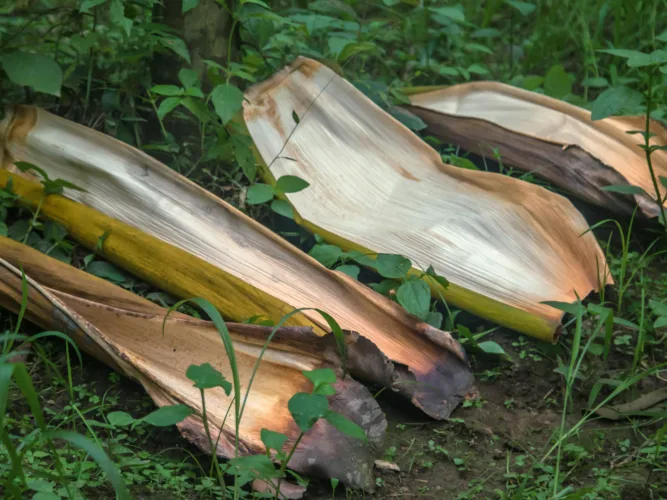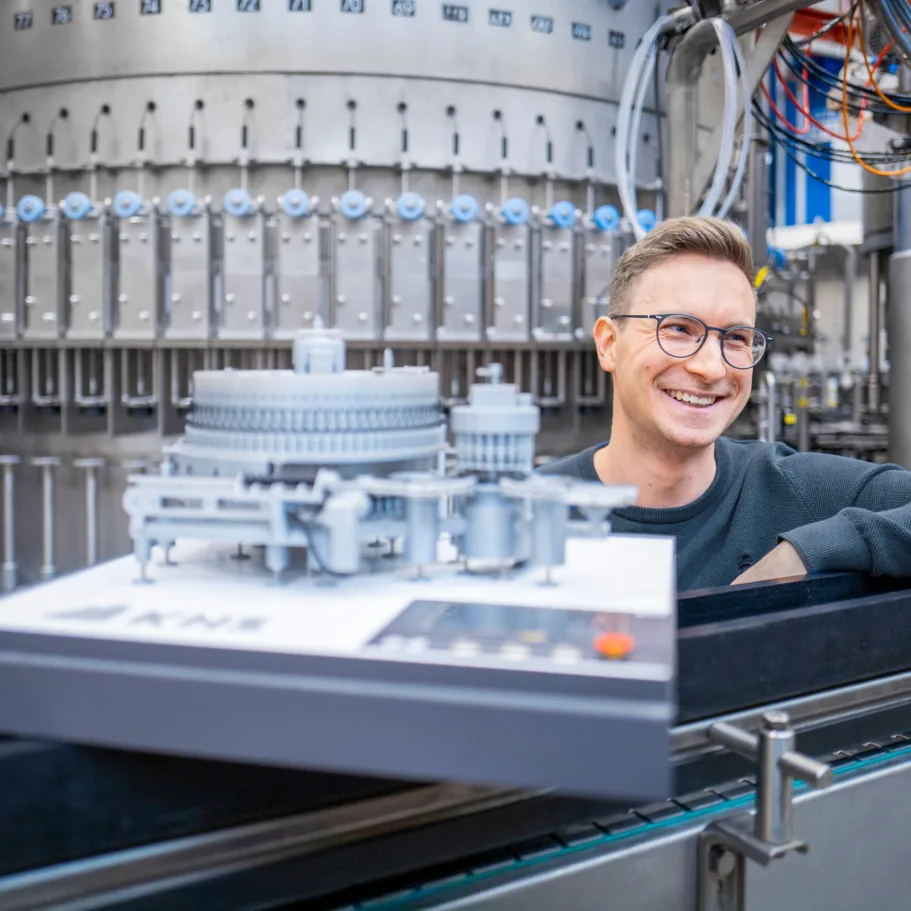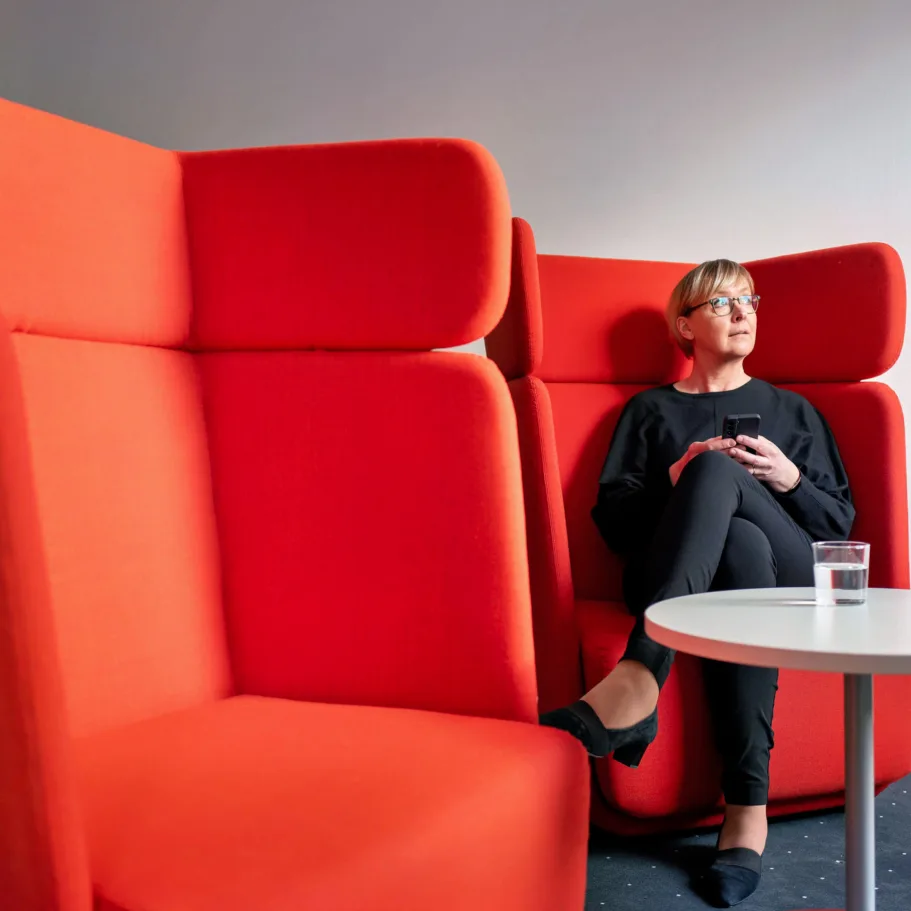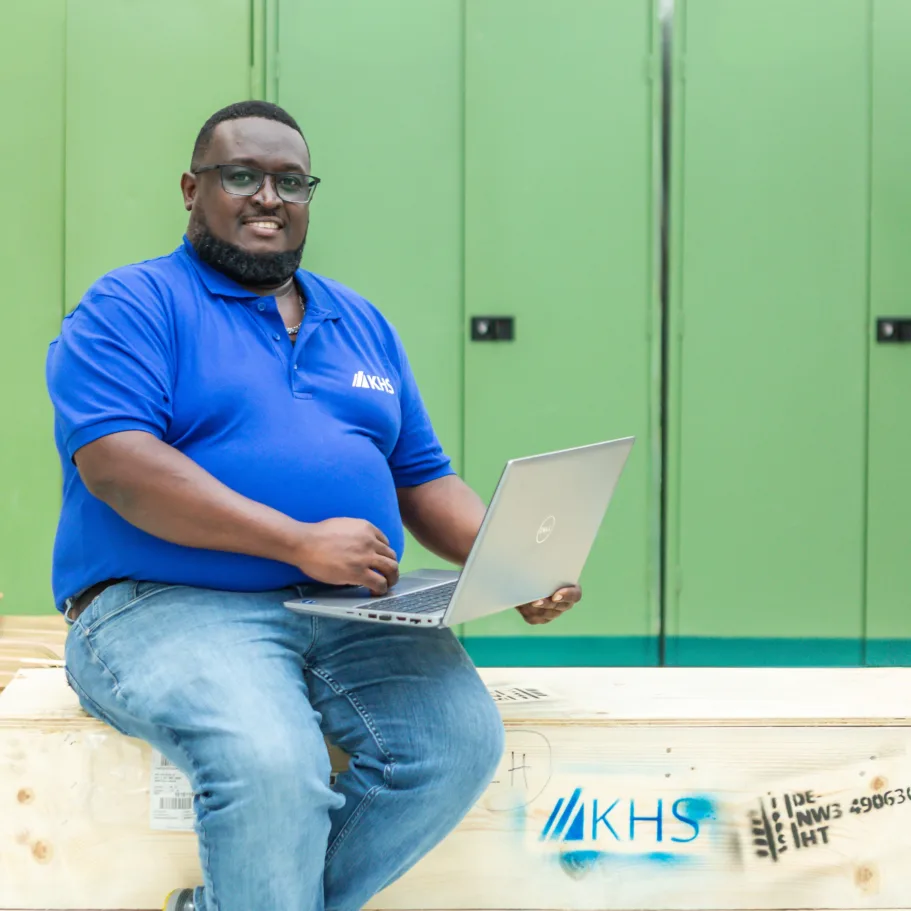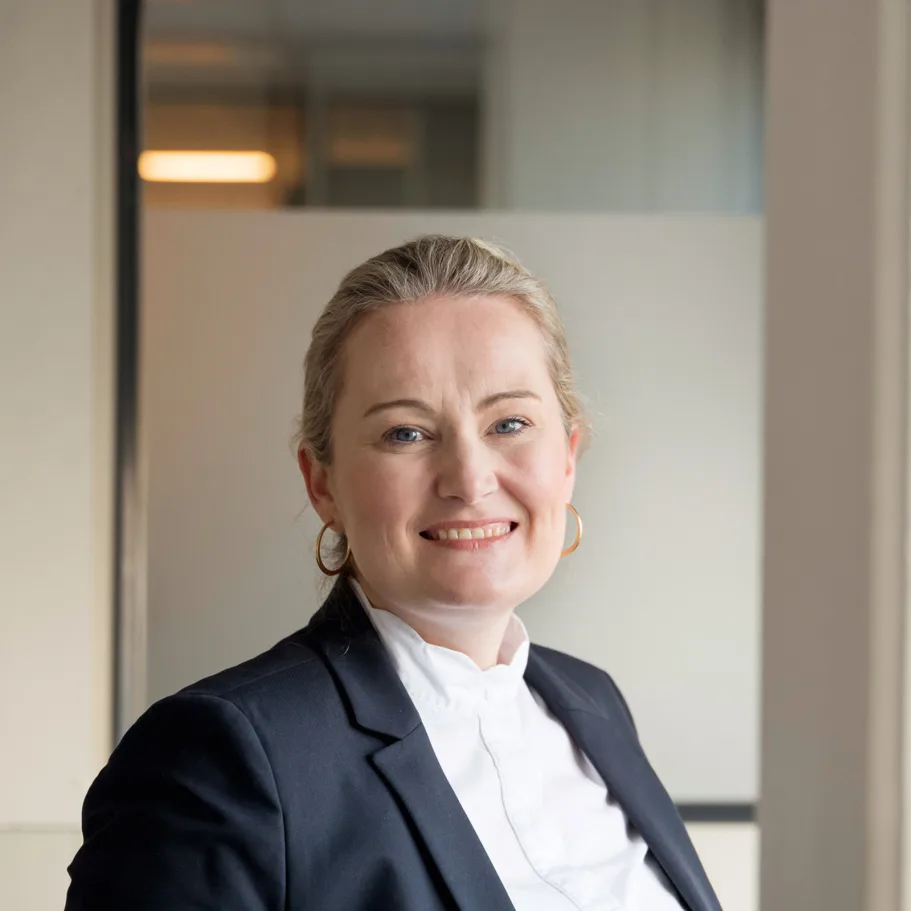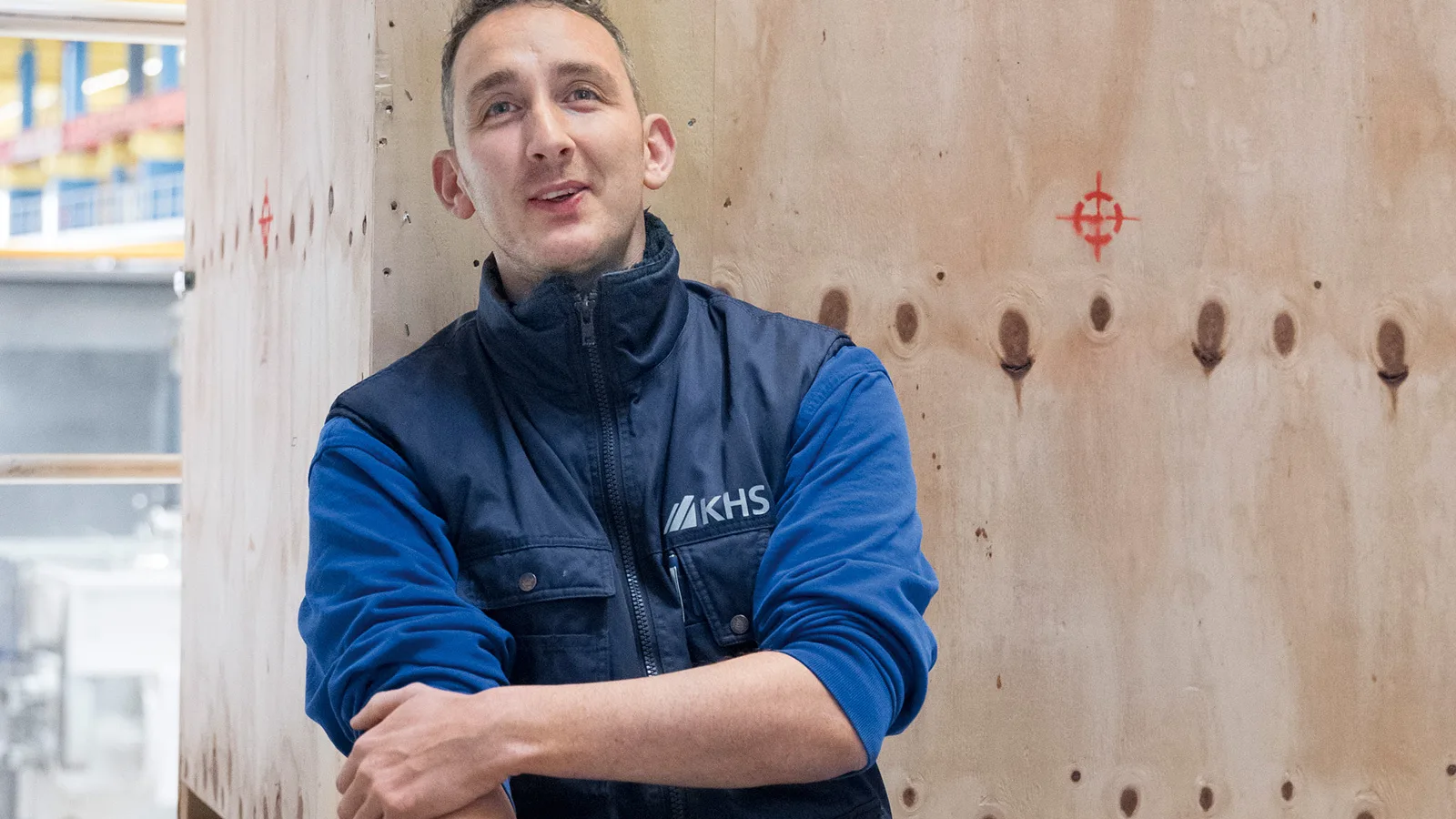
Globetrotter with a mission
In his job as a KHS systems commissioning engineer, Adem Serilmez is off on permanent assignment all over the world – and yet still finds time for an incredible passion that earns him great recognition and gives him deep satisfaction.
For someone who as a child makes film hero Indiana Jones their role model and looks up Darwin in the encyclopedia instead of immersing themselves in novels, as an adult they’re more or less destined to lead a life of travel and adventure. This is especially true of Adem Serilmez, who at a very early age dreamed of slashing his way through jungles in regions no European had ever seen. First of all, however, after leaving school he trained as a precision mechanic, specializing in mechanical engineering. He then spent two years with the Marines. “I was very sporty back then and wanted to stay with the Marines as part of a boarding team,” he remembers. “These are soldiers who abseil down from helicopters to secure merchant ships in Somalia, for example. I would’ve found that exciting!” This sadly came to nothing as he just missed the application deadline. So that he didn’t waste a year, he instead embarked on the adventure of field installation, initially for a contractual partner of KHS who installs and commissions beverage filling lines worldwide. In 2015 he then joined the Dortmund engineering company itself, where he works as a commissioning engineer for filling technology.
Child of the Ruhr
Serilmez was born in 1985 to a German mother and Turkish father in Dorsten in the Ruhr Region – not 300 meters from the Fürst Leopold Coal Mine where his grandfather, uncles and own father were employed. He considers his Ruhr Valley roots, where life has always been a little rougher than anywhere else, to be a further defining factor in his development – alongside his thirst for adventure, of course. “There’s not much room for big words in a mining community – there’s more work than talk here,” he says. “When you grow up in a place like this, you know you simply have to deliver if you want to get on in life.”
Non-stop traveler
Deliver – that could also be the motto of his work, where he’s never satisfied with a job half done. When extremely heavy machinery costing millions of euros is dangling from a crane during the ingress of technical equipment, this is a huge responsibility, he finds. He of course spends most of his working hours with the customer. If he doesn’t happen to be back at his home base at KHS in Bad Kreuznach in Germany for follow-up meetings, training courses or new factory acceptance tests, he’s jetting around the world more or less non-stop. Even the pandemic, where most flights were grounded, did little to change this. Serilmez always found a way to reach his goal, even if this meant sometimes taking an unusual route to do so.
»There’s not much room for big words in a mining community – there’s more work than talk here. When you grow up here, you know you have to deliver.«
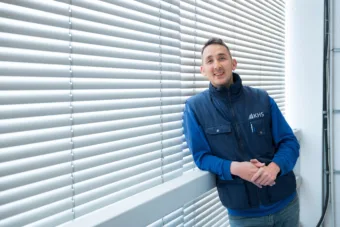
Filling technology commissioning engineer, KHS
His workload is as diverse and comprehensive as his tasks and responsibilities. Above and beyond the routine of commissioning, there’s also the occasional exception in his job where he may be called on to develop his own constructive solutions to get a machine up and running, for example. You then feel a bit like a first aider, he says. You don’t learn the skills you need here at school. “Most of your input comes from older colleagues who take you by the hand when you start out and explain how it all works. The rest is then down to your own work experience.” Besides technical skill, a certain diplomatic tact is also called for when dealing with the broad range of different mentalities and cultures Serilmez meets in the course of his day-to-day activities. The language barrier is usually not a problem when it comes to working together on site. “Most people speak English – or we communicate using sign language.” Nevertheless, he always has a few words in the local lingo up his sleeve, he says, and laughs, “I can at least order a beer in seven or eight different languages!”
Unshakeable
On consideration he likes working in the Mediterranean best and in Scandinavia in the summer, he continues. On the other hand, “newly industrializing countries where presidential elections are to be held”, particularly in Africa or the Middle East, prove more challenging destinations, he states. Once in Afghanistan a car bomb exploded just 300 meters from his place of work, whose blast destroyed all of the windows in the production shop before an eerie silence enveloped the area. Having experienced shocks like this, extreme acts of nature, such as floods in China, sandstorms in Saudi Arabia, an earthquake in Myanmar or a hurricane in the Caribbean, barely shake him now. “In situations like these, that’s when you realize that you’re basically nothing more than a very small individual. Experiences like these just make me all the more laid back,” he concludes. He’s moved, however, when he builds plants in developing countries and the local workers come and thank him for establishing a basis that secures them an income.
Serilmez explains the fact that someone who’s always on the move for work also likes traveling in his free time as follows: “You may think that this is romantic. But when you’re working, you don’t see much more than the airport, the hotel and the company you happen to be at. You only have a bit of time at the weekend for the country and its people.” When in 2017 he spent a longer holiday in Nepal’s capital of Kathmandu, inspired by a friend who runs a travel agency there, things were different. He finally had time to realize his dream and hike up to South Base Camp on Mount Everest, 5,364 meters above sea level. It was there that he made a momentous discovery: his marching rations were served on plates or taparis sewn together from banana leaves that are light, natural and sustainable.
Sustainable secondary job
He soon had the idea of marketing plates like these back home. Together with his aforementioned friend – and after being given the go-ahead for his secondary job by his employer – he founded the startup Pleta. The company now employs 20 people who collect fallen leaves from the areca palm in Nepal and wash and soak them before they’re pressed into shape at a temperature of around 100°C. 450,000 plates have since found their way (by sea) to Germany, packed in cartons that can of course be taken back. The fully biodegradable plates and bowls made entirely without using chemicals are extremely popular with dentists, bakers, the restaurant trade and even in penal institutions or with Greenpeace. Demand was further increased when the budding company was presented with the national German Sustainability Award for innovative ideas for sustainable designs at the end of 2021.
For Adem Serilmez, who in the little free time he has takes care of the production technology in Nepal, Pleta isn’t just about commercial success. “We see ourselves as a socioecological company that through its success can give something back to the local people and the environment. If, in retrospect, I can say that I’ve given a few people a perspective and made the world a little bit better, then I’m happy,” he muses, and laughs, “Who’d have thought that I’d spend my life as an adventurer amongst bottles, cans and plates?!”
